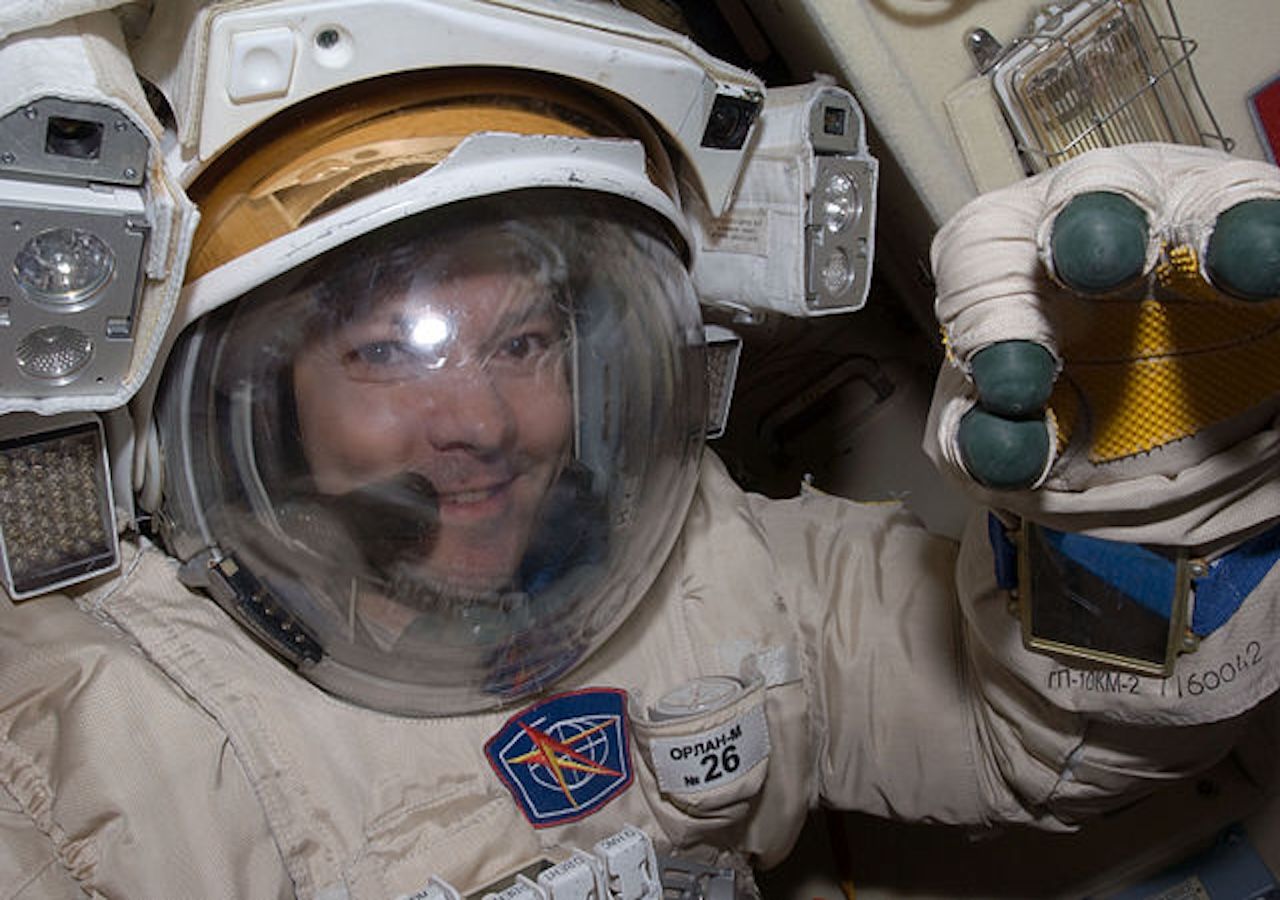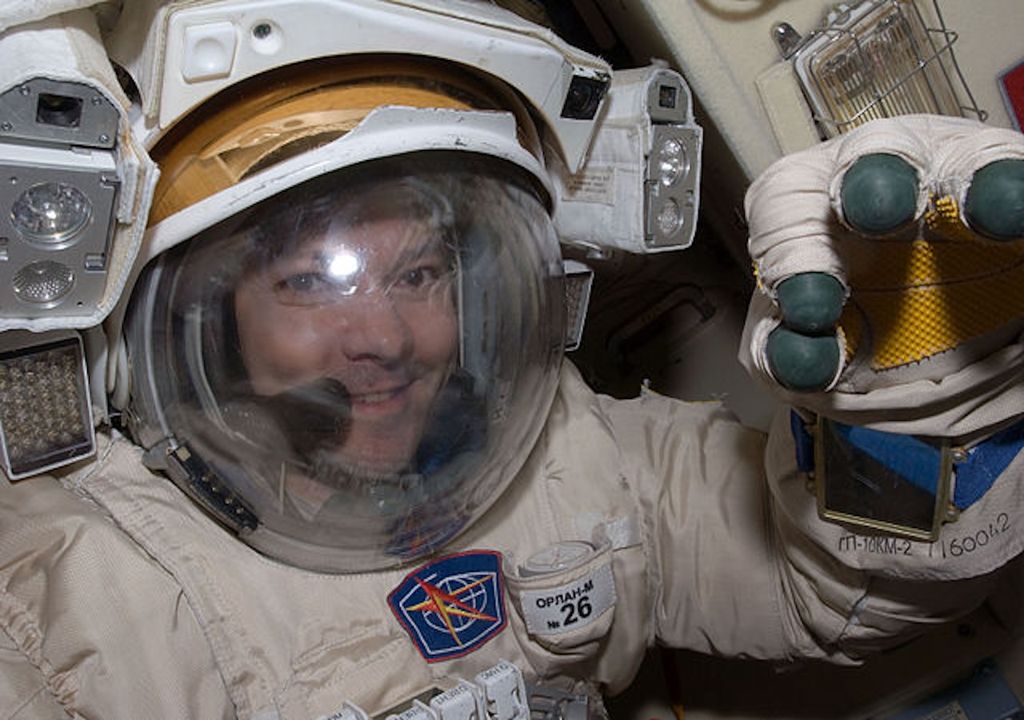How has this affected your body and health?


He has just accomplished a hitherto unprecedented feat: he is the first person to accomplish 1000 days in space is a time that, in microgravity conditions, has a significant impact on the human body..
The first astronaut in the world to break this record
We are talking about Oleg Kononenko, veteran Russian cosmonaut of the Russian Space Agency (Roscosmos)who, at 59 years old, was in outer space for two years and nine months, achieving a feat that no other cosmonaut or person in the world has achieved.
The effect of microgravity on the musculoskeletal system
Because this is something never seen before, scientists and doctors from all over the world are on alert. expectation to find out what consequences may arise on the astronaut’s health, in addition to those already known.
Microgravity reduces muscle mass and bone density without requiring constant effort from muscles and bones.
And it has been more than proven that a lack of gravity leads to loss of muscle mass and bone density. In studies conducted on astronauts, it was observed that they could lose up to 20% muscle mass and 1-2% bone density per month in space, despite daily training.
Kononenko is no exception and maintains a strict training regimen to mitigate these effects. treatments that include the use of weight machines, treadmills and exercise bikes. Designed for use in microgravity conditions.

However, That Full restoration of muscle mass and bone density upon return to Earth may take several months.which suggests that, despite the measures taken by the astronauts, adverse effects persist for a long time in space.
Changes in the cardiovascular system and vision.
Another system that suffers from microgravity is the cardiovascular system. If in On Earth, the heart works against gravity to pump blood throughout the body; in space, this effort is reduced.which can lead to deterioration in the functioning of the heart muscle.
Astronauts experience fluid shifting toward the upper body, which can cause facial swelling and nasal congestion.
As if that weren’t enough, this movement of fluids can increase intracranial pressure, which ultimately affects vision. In fact, many astronauts have reported vision problems such as decreased visual acuity and flattening of the eyeballr, a syndrome known as visual impairment and intracranial pressure (VIIP) syndrome.
In space, astronauts experience bone and muscle loss, muscle atrophy, changes in the cardiovascular system, balance and orientation problems, vision changes and sleep disturbances. pic.twitter.com/V2tXLZL8vJ
— We are Cosmos (@InformaCosmos) June 14, 2023
Neurocognitive and psychological changes
Life in space affects not only the astronauts physically, but also has a significant impact on your mental health and neurocognitive abilities. Lack of gravity, confinement in small spaces and distance from Earth can contribute to stress, anxiety and changes in cognitive function.
In fact, several studies have shown that astronauts may experience difficulties in tasks that require constant attention, memory and decision making, which are critical to the safety and success of space missions.. To mitigate these effects, psychological support techniques are used which include regular conversations with family, participation in recreational activities and following a structured schedule to maintain normalcy and routine.
